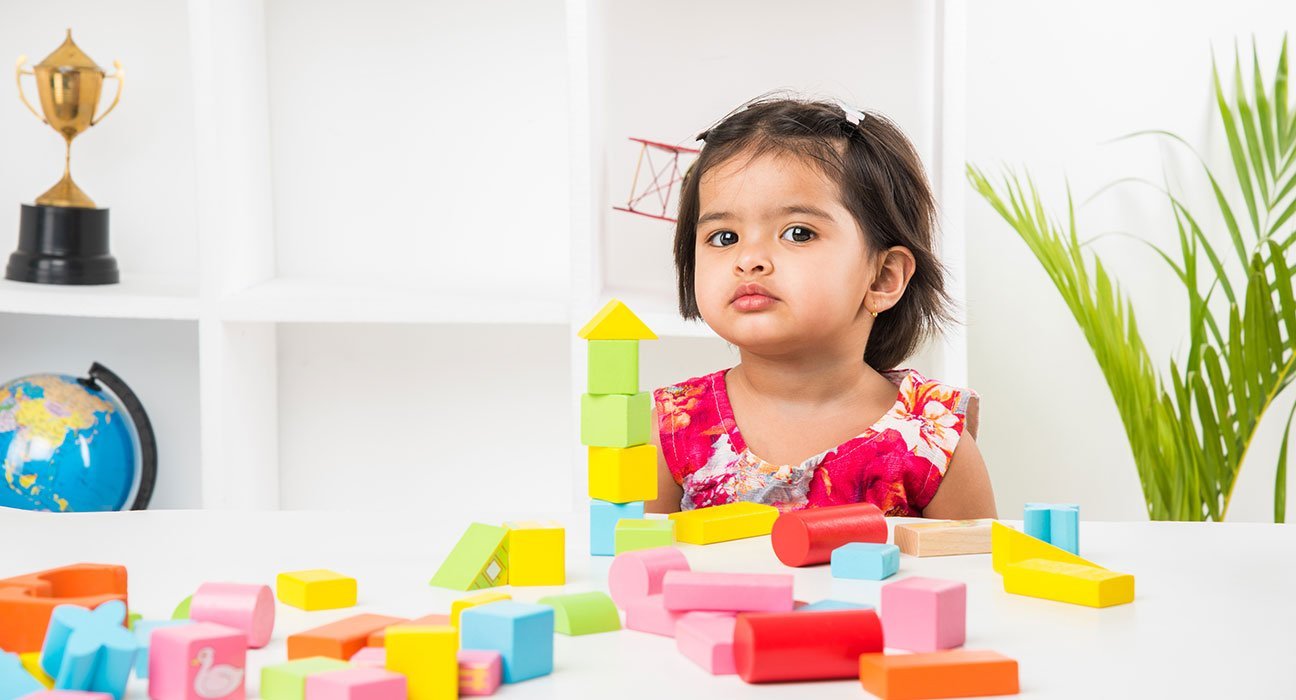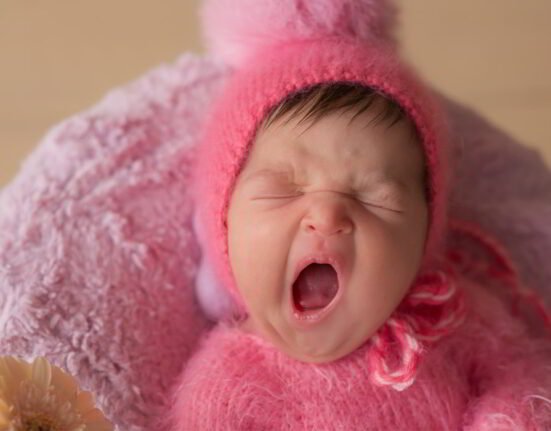Your potential to think rationally, regulate your emotions, and act in suitable ways is referred to as mental well-being. A pattern of thought, feeling, or behavior that is distressing or interferes with a person’s capacity to function is referred to as a mental illness or mental health issue. The development of age-appropriate thoughts, actions, social skills, or emotion regulation is typically delayed or disrupted in children with mental health disorders and interferes with their a bility to perform typically at home, at school, or in other public places.
Children’s mental health: Because they are less verbally expressive than adults, it can be quite difficult for parents to read their minds and comprehend their feelings. Children can, however, express their pain and problems in a variety of ways. While adults may dismiss a child’s distress as unimportant or ignore it. it is crucial to recognize and deal with any indications of mental health issues. These are a few indicators suggesting your child may be experiencing mental health issues.
Sadness: The difference between sadness and persistent sadness is not always clear. Although sadness might be temporary, chronic sadness that persists for two weeks or more may be a sign that a child is having mental health issues. It is also known as chronic depressive disorder, which is a continuous, prolonged form of depression, according to the health organization. One may have poor self-esteem, the feeling of being sad and empty, as well as losing interest in daily tasks.
Behavior and mood changes: A youngster who is struggling with their mental health may exhibit a wide range of emotions, shift in their behavior, and have outbursts or be extremely irritable. These uncontrolled behaviors could potentially be used as a means of self-harm. Your kid can experience depression, worry, or aggression.
Avoidance behavior: Avoidance behavior is when your youngster keeps away from social interactions and surroundings that make him or her feel uneasy and distressed. They avoid or frequently withdraw from social situations. Every youngster uniquely responds to this behavior. Little children may act out, cry, or abandon a setting. Older kids might deal with it differently. They can convey that they don’t comprehend what the other person is saying.
Don’t ignore the subject of death or suicide brought up by your child: you should never ignore them. If your youngster frequently starts conversations about death or says things like “I would be better off dead” or “I wish I were dead,” you need to step in and try to figure out what’s going on. Tell them how much you cherish them and what makes them special.
Physical signs: Most youngsters who suffer from mental health are unable to express their emotions and sentiments verbally. But, as parents, you can recognize it in children by their bodily signs. Constipation, tiredness, and headaches are common complaints among children. In most instances, this is typical. Nonetheless, it is better to see a pediatrician if it persists. It’s time to check with another expert if the doctor excludes any physical issues.
Without treatment, many mental illnesses can persist into adulthood and cause issues in every aspect of an individual’s adult life. Untreated mental illnesses put a person at a greater risk for a variety of issues, such as alcohol or drug abuse, violent or self-destructive conduct, and even suicide. Many youngsters can entirely recover from their mental disease or successfully manage their symptoms when they receive adequate and timely treatment. Many people who experience a mental illness, such as depression or anxiety, cannot live full and productive lives, although some children who experience a chronic or severe problem grow up to be impaired adults.













Leave feedback about this